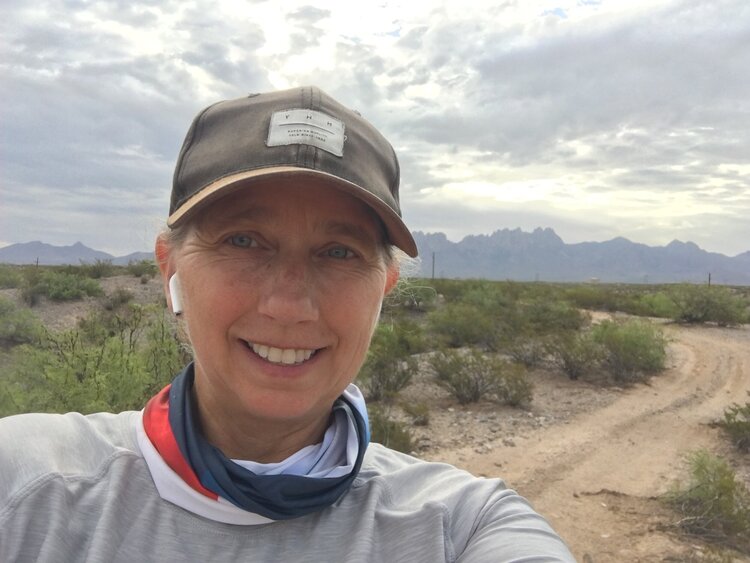It’s how you think.
The gas flame hissed at full height while a pot sat precariously askew on the burner. There, at eye level to the flame and pot stood my little 5-year old son. He was trying to stabilize the pot with one hand while clutching a partially filled balloon in the grimy damp fingers of his other hand. Sweat dripped from his temples as he focused intently on his task. He didn’t even notice me approaching his hazardous situation.
“What are you doing?”
He looks up at me with his big, open, intense blue eyes. Maintaining his grip on pot and balloon he explains, “Trying to figure something out”. I help him with the pot as he continues; “You know how when you have a balloon in the hot car it pops? Well, I want to know if that has to do with the heat of the car. “
We study his experimental set-up and he adds, “The balloon should get bigger if I put it in the hot water”
And there it was. The inherent curiosity. The desire to know. The determination to find out. The pursuit of a test. A formed hypothesis. It wasn’t something we taught him. It was just there.
Of course, with my guidance he completed his experiment and jumped with joy when that balloon began to expand. He loved the idea of air molecules speeding up so fast to take up more space and pushing on the sides of the balloon to make it look like it was “filling up”.
“If we take it out now, it will shrink again, right?” Of course, we did it.
It seems his entire childhood was spent in testing the world. As an adult this son continues to think like a scientist, answering everyday life’s questions using the scientific method. He can’t help it. I know, because I’m the same way.
However, not everyone thinks this way. I see it all the time in the classroom. One student sits in a stupor while his neighbor has ten great ideas for research questions. Despite learning the proper steps and being shown the way, it still is so much more difficult for some than others.
As science teachers, it is our responsibility to do everything we can to teach the scientific method and use it as the framework for all activities in the lab. All students can learn to formulate a proper research question, to form a hypothesis, to generate a table of variables, and to carry out an experiment using necessary lab skills. However, some students will be stronger at thinking up innovative questions and designing creative experiments because their minds think differently than their peers.
The different wiring of brains becomes more and more apparent as students progress into the more advanced classes and are expected to become more and more independent in the design of experiments. Students really separate out during the internal assessment process in IB science where total independence is required. Then, there are the students who choose to do their extended essay project in a science, which is an opportunity for them to design and conduct an experiment completely stemming from their own interests, not a small feat.
It is a pleasure to foster the growth of budding scientists but there is something really special about spotting that scientific mind and seeing it wonder and wander through a myriad of questions and possibilities. It’s true, the best I can offer as a teacher is to teach the students the framework of the scientific method (and content) and to foster the growth and expansion of the mind. Scientists need the freedom to meander intellectually and be free to test their ideas. That’s my job, to give those minds that freedom.



